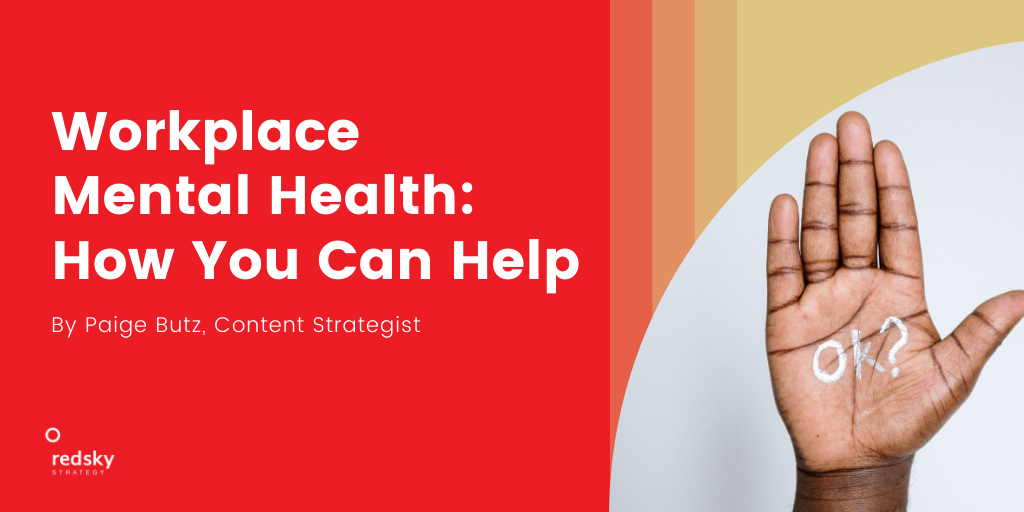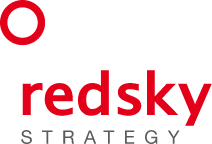News
Workplace Mental Health: How You Can Help

By Paige Butz, Content Strategist
You probably ask coworkers how they are and get a “fine” or “pretty good” and some sentiment about what they did over the weekend. But are they really okay?
Every year, fall kicks off an increase in depression — specifically, seasonal affective disorder. This year, it’s been further exacerbated by the ongoing pandemic, racial tensions, and election stress. Anxiety has also skyrocketed, and 78% of the global workplace said this year has had a negative impact on their mental health [1].
Lockdowns have forced the world to re-evaluate work-life balance, the attention on mental health in the workplace is reaching newfound significance. So what are companies doing to help?
This year, Starbucks, SoFi and Target added counseling sessions to their benefits. Unilever now offers resources for mindfulness, and trains managers on mental health for their employees. EY launched their “r u okay?” program with virtual events, free 24/7 mental health access, and more. PG&E has an entire intranet page dedicated to the topic. Other companies are offering mental health stipends, access to apps for counseling, sleep help, and virtual fitness.
It seems as if mental health is moving beyond the “breaking the stigma” phase to become an integral part of how companies operate. Over the past few years, there has been a steady rise in empathy marketing, or walking in the consumer’s shoes to understand what they feel and what they want (or don’t want).
This can be helpful and genuine, or totally miss the mark. For example, last year, Burger King partnered with Mental Health America to launch a “Real Meals” campaign. The premise: no one is happy all the time. The chain sold meals in brightly colored boxes with different sentiments like the “Pissed Meal” “Yaaas Meal” and “DGAF Meal.” The campaign didn’t raise awareness on mental health issues, and faced strong backlash on Twitter for trivializing the topic. As fast-food and poor diets are often linked with mental health [2], Burger King needed a deeper approach than a surface-level ad campaign.
In contrast, Microsoft saw a need for mental health support that could be integrated with one of their existing products. This year, they partnered with the app Headspace to bring mindfulness experiences to Microsoft Teams users. This was well-received by users, and was a practical addition to their services.
Hotels.com has shown an interesting approach to the pandemic, encouraging people to stay home and not travel. This long-term play is showing people they value health and safety over immediate profit. As companies build empathy into their brands, authenticity is a necessity. If done correctly, empathy and sympathy become extremely valuable in marketing efforts.
At RedSky, our work is inspired by HumanSight™, our unique way of bringing the human experience to life, helping you see the world through the lens of your consumer and better intuit their needs. It is the only way to deliver both actionable and meaningful implications from data. Yes, we want to drive growth, but it comes from delivering a more human-centric experience while providing truth and inspiration. Internally, we also encourage our employees to take mental health days, and are consistently (and genuinely) making a point to dig a little deeper than the basic “How are you?”
We’re continually learning how meaningful interactions impact our employees, partners and consumers, and would love to hear how you are addressing this at your company. If you want to learn how the HumanSight™ mission can earn your consumers’ trust and build a deeper relationship with them, drop us a message.
Sources:
[2] https://www.ncbi.nlm.nih.gov/pmc/articles/PMC4167107/
